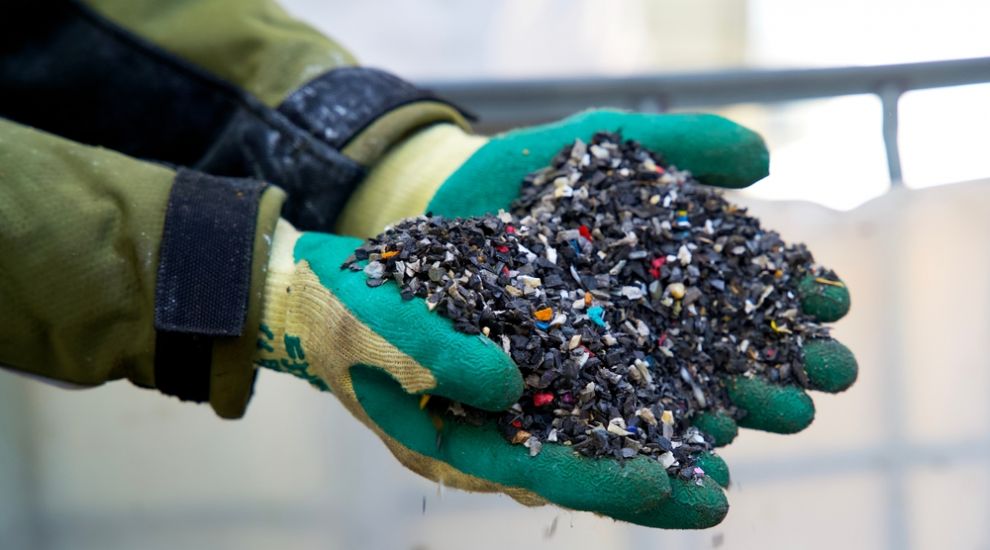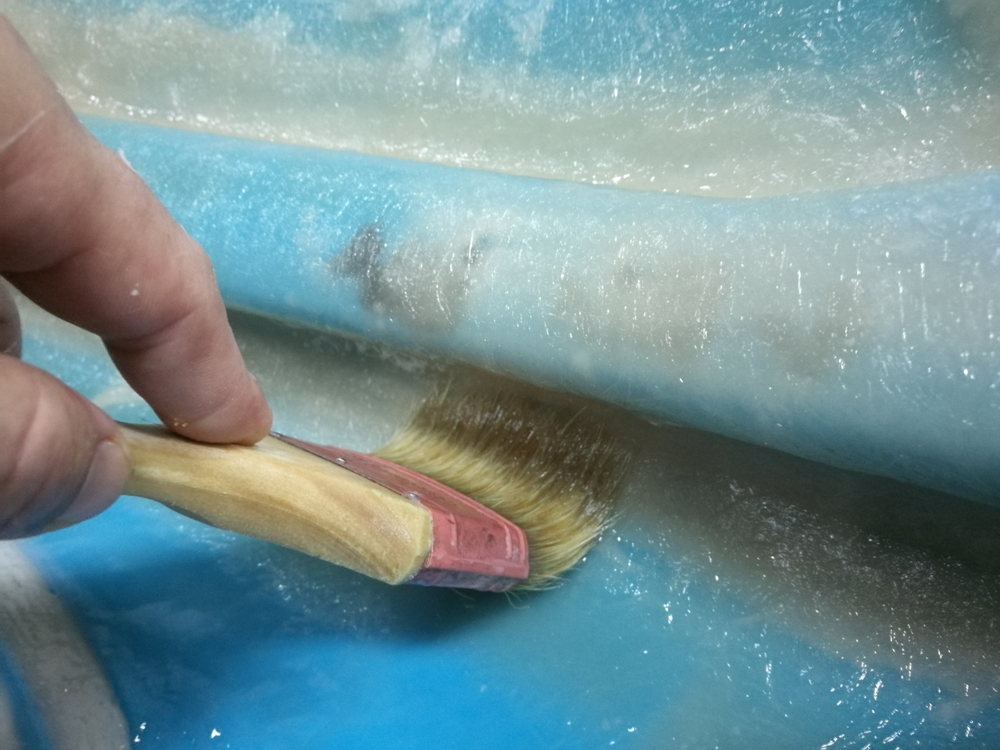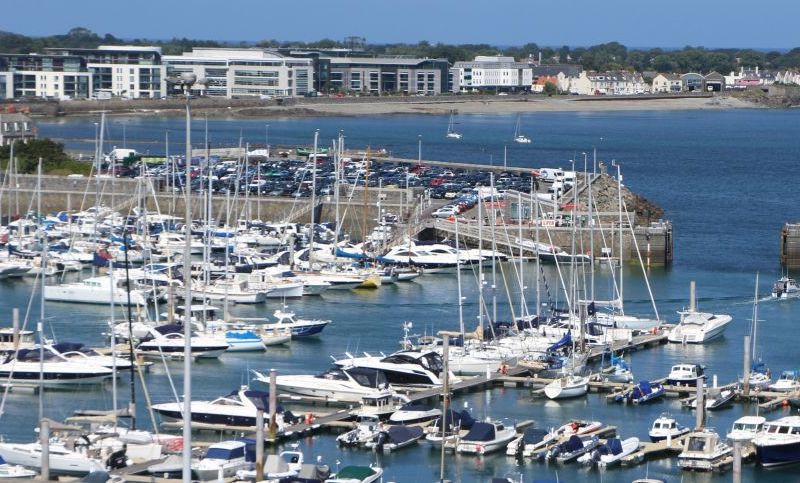


A local company is leading a national consortium made up of the UK’s leading marine and maritime companies and key stakeholders. They aim to support the shipping industry's transition to zero emissions by 2050.
Guernsey-based Blue Parameters, who offer environment and marine consultancy, hopes to create the UK’s first glass-reinforced plastics (GRP) recycling facility that will look at the process of recycling composite materials and also how the reclaimed fibres can be repurposed for use in new composite components, such as boats, caravans, wind turbine blades and other specialist products.
The International Marine Organisation say both GRP waste from production and end-of-life products are a huge challenge, with around 55,000 tonnes of GRP waste produced from the UK marine sector every year, which is expected to increase by 10% each year.
Director Simon de la Rue said the company has been delighted with the response to the project as it seeks to solve an industry-wide issue.
“By collaborating not only across sectors but within sectors can the solutions be developed… many people do not realise that GRP either at the end of its life or manufacturing waste from offcuts ends up in landfill,” he said.

Pictured: Reclaimed fibres from recycled fibreglass are hoped to be recycled into other specialist products.
Will Grocott, Head of Surface Transport at the National Composites Centre, said: “We’re very excited to support this new collaboration. With increasing demand for composite materials in the delivery of net zero technologies, the NCC is working with a range of organisations to find sustainable solutions for end-of-life composites and the associated manufacturing material and consumable waste.
“We have the knowledge and expertise to drive decarbonisation in the composites industry and across sectors. Together, we need get better and smarter, ensuring that the next generation of high-performance composite products enable a cleaner, greener future for us all.”
The technology of focus for the consortium is the DEECOMTM process, developed by British SME B&M Longworth. The process uses steam and pressure to separate the fibres from resins allowing the fibres to be reused in the composite supply chain. Cygnet Texkimp will be working to scale up the technology to keep pace with the demand.

Pictured: Guernsey has a rich maritime history.
Jen Hill, Director at Longworth, said: “We’ve been calling for a long time for this multi-disciplined approach to tackling FRP waste and we really believe that the impressive line-up of partners and supporters within this consortium are the right people to make it happen.”
Steven Brown, Group Sustainable Technology Manager at Scott Bader Company, said the exciting consortium would allow them to utilise their expertise in polymer chemistry to offer new composite waste.
Other companies that have pledged to collaborate to explore these challenges alongside Blue Parameters and the NCC are: Sunseeker, Scott Bader, Ford UK, Composites UK, British Marine, Gen2Carbon, B&M Longworth, Princess Yachts, University of Plymouth, MDL Marinas, Boatfolk Marinas, Maritime UK South West, Truro Recycling, Royal Yachting Association, Peel Ports Group, South Devon College, The Green Blue, and Cygnet Texkimp.
Comments
Comments on this story express the views of the commentator only, not Bailiwick Publishing. We are unable to guarantee the accuracy of any of those comments.